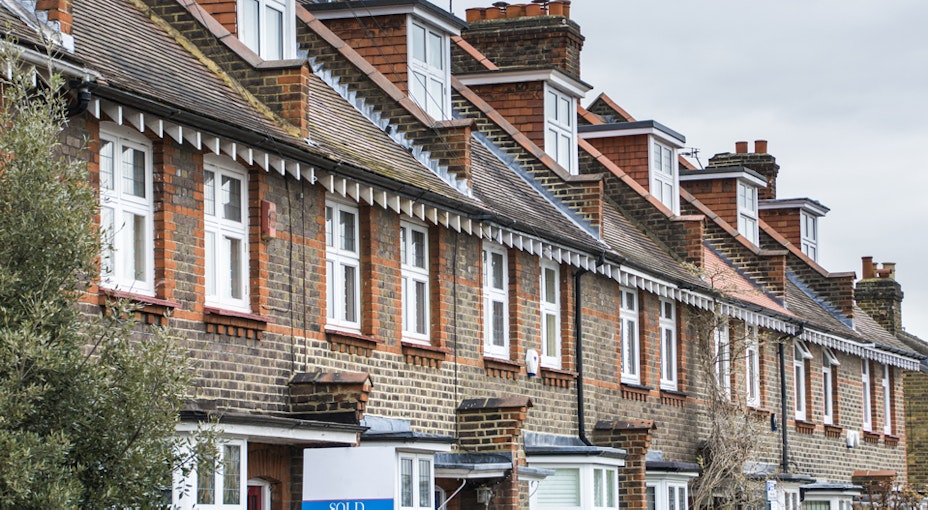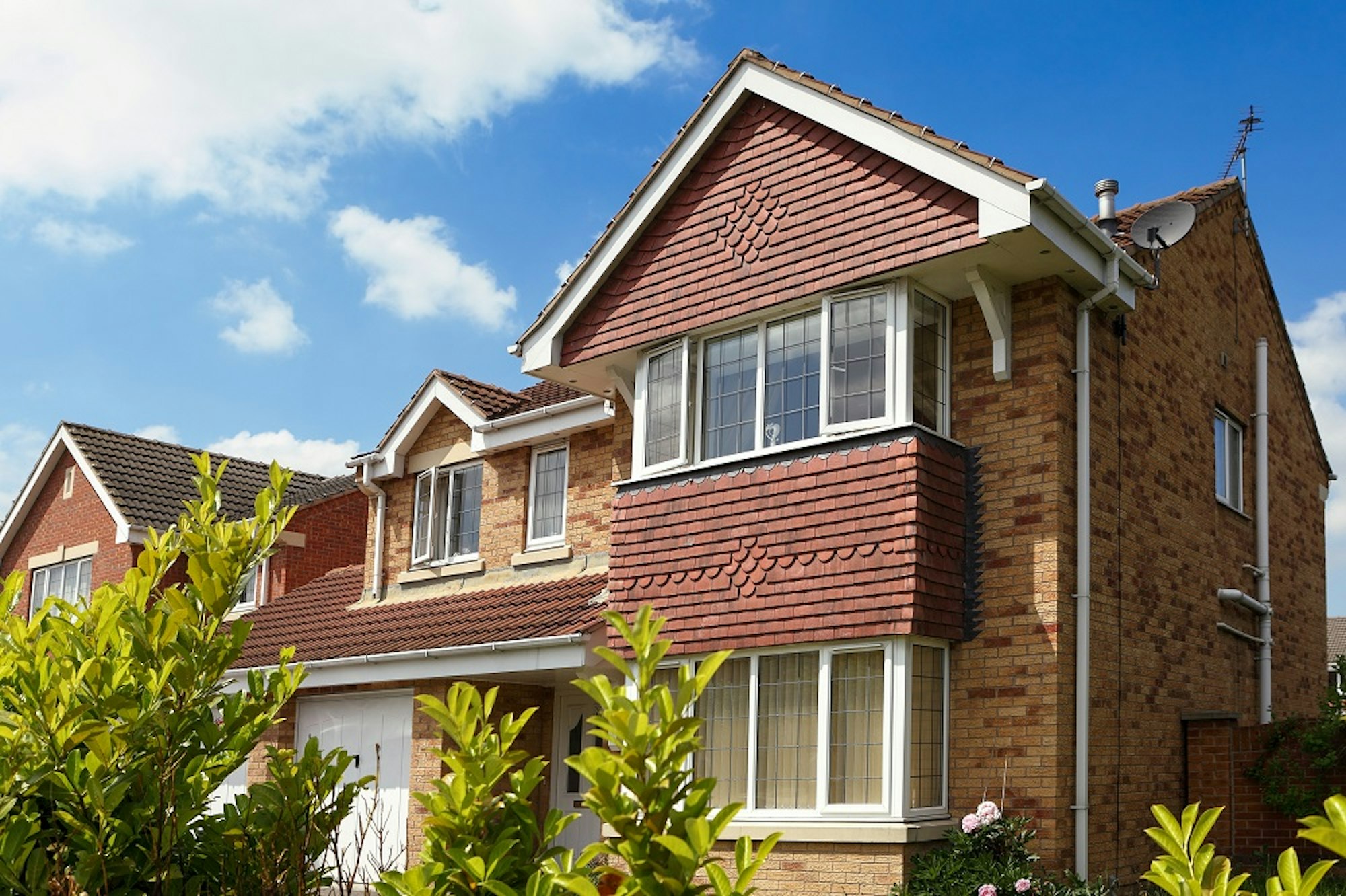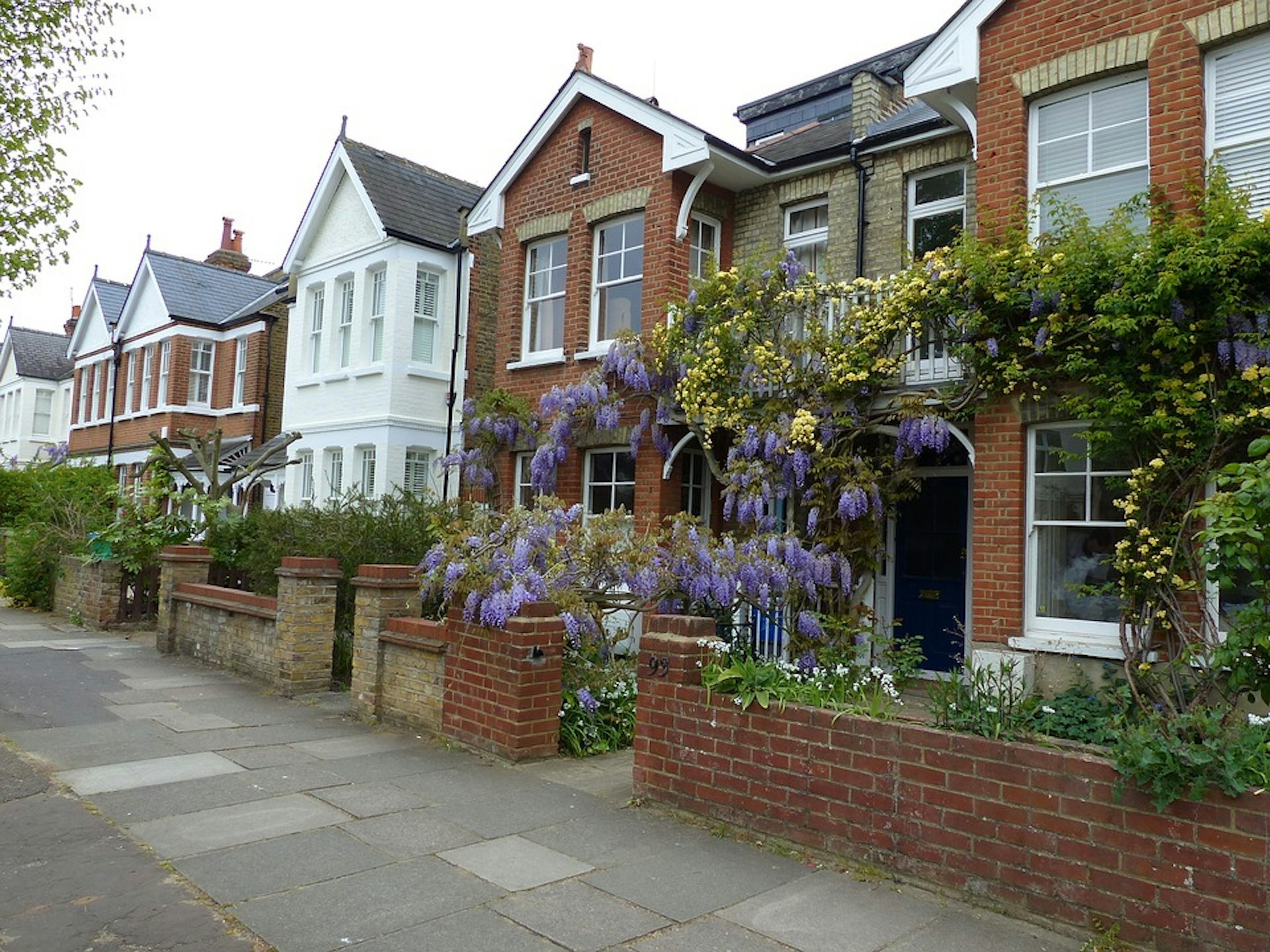Guide to building insurance
Owning a property comes with a lot of risks and responsibilities, whether you are a landlord or a homeowner.
By Alan Boswell Group

It doesn’t matter if you rent out a five-bedroom house, or a one bed bungalow having the right insurance in place is crucial. All property owners should have building insurance, but it is important to understand exactly what is covered under this policy. In this guide, we answer some of the most common building insurance questions.
What is building insurance?
Building insurance is a policy which will cover the cost of damage to a property and its structure caused by specific events. Common causes of property damage which are covered under building insurance are fires, storms, earthquakes, vandalism, burst pipes, lightning strikes, falling trees and more.
Having adequate levels of cover for your property is crucial and your policy must accurately reflect the rebuild value of the building including any debris removal. Underinsuring your property could cause issues further down the line, and many owners make the mistake of insuring for the current value of the property and not the rebuild value.
Who needs building insurance?
Anyone who owns a property should have building insurance. For mortgage holders, the lender will normally stipulate that appropriate insurance is taken out on the home (read more about buildings insurance and exchange of contracts). It is the responsibility of the landlord, as the owner of the property, to make sure that the right cover is in place. Tenants do not need to take out building insurance but can choose to purchase contents insurance.
Does building insurance cover roof repairs?
Roof damage is unfortunately fairly common and can be caused by a wide range of things. Many homeowners and landlords find themselves asking if roof repairs are covered by building insurance, and the answer is not as straightforward as you might think. Ultimately, it depends on the cause of the damage to the roof and the level of cover you have in place.
All insurance policies exclude damage caused by wear and tear. Often pre-existing damage is highlighted during bad weather, but this does not mean that the weather was the cause of the damage. Unless the damage is caused by an insured event, such as storm, fire, falling trees etc the repairs will not be covered by the insurance policy.
Does buildings insurance cover roof leaks?
A leaking roof can be caused by many things and the reason for the leak will determine if it will be covered under your policy. A roof leak which is caused by damage to the property’s exterior, such as extreme weather, could be covered by building insurance. Leaks that are not caused by external damage, such as a worn-out roof structure, are unlikely to be covered.
Does buildings insurance cover windows?
Building insurance generally covers all the fittings and the structure of a property, including windows, walls and doors. Cover for windows comes down to how the window was broken and whether the cause is included in the policy. If your window becomes cracked during a heavy hailstorm, then it is likely to be covered. Many policies are also extended to cover accidental damage to glass for example if a stone is flicked up by a lawn mower and breaks a window.
Are drains covered by building insurance?
The majority of building insurance policies will cover underground drains, pipes, tanks and cables serving your buildings and for which you are legally responsible for. Any issues caused by drains and pipes owned by neighbours or water suppliers will not be covered, even if they are the cause of the problem. Cover can vary depending on the specific policy wording and will depend on the cause of damage.
Does building insurance cover boilers?
Landlords have a legal responsibility to provide tenants with heating and hot water, so a broken boiler is always an urgent issue. Most standard building insurance policies will not cover boiler breakdowns, but some providers offer this as an optional extra. If a broken boiler has caused other issues in the property, such as a leak, then damage caused by this could be covered even if the appliance itself is not. You could be covered for a broken boiler if the appliance is damaged by fire, flooding or another event included in your policy.
Does building insurance cover kitchens and bathrooms?
Building insurance will cover kitchens and bathrooms if they are permanent fitted fixtures in the property. Again, cover will depend on how the damage was caused. If your kitchen or bathroom is ruined in a fire, flood, or storm, or subject to accidental damage or theft, then your insurance could pay out.
It is important to bear in mind that only integrated appliances will be considered by buildings insurance. If you are a landlord and provide appliances in your let, you might need to consider separate insurance if you want these covered too.
Are flat roofs covered by buildings insurance?
Whether a property has a flat roof is a question asked by Insurers when a policy is taken out. It is important to answer this, and any other questions, accurately to ensure that cover is in place. This is because they are considered non-standard constructions and offer less protection against extreme weather and theft. Insurers may ask that flat roofs are inspected regularly as a condition of providing cover.
Is flooring covered under building insurance?
Ultimately, it depends on the type of flooring in the property. Any flooring which is nailed or glued down and would cause damage to the floor below if removed, is covered by building insurance. Flooring which can be removed without damage, such as some carpets or click lock flooring, would be covered under contents insurance instead if you have this cover. The type of damage is also important as building insurance will not pay out for general wear and tear to any type of flooring and your flooring will only be covered for events specified in the policy, such as vandalism, flooding or fire.
Need help with your insurance?
Whether you need a quote, have a general enquiry, or want to talk it through over the phone, we're here to help.
Send an enquiry
Related guides and insights

A guide to home insurance extras
A guide to popular home insurance extras and whether optional insurance features are right for you and worth the extra expense.

Holiday Home vs Buy-to-Let
Is it more profitable to buy a holiday home or buy-to-let property? We look at the factors involved.

The landlord's guide to buy-to-let
Are you thinking of becoming a buy-to-let landlord? Or recently purchased a property you plan on letting out? If so, our buy-to-let guide for landlords helps you make the best of your new investment.

Landlord insurance vs home insurance
If you have tenants, it’s important that you take out the right protection – because a standard home insurance policy won’t be suitable.
